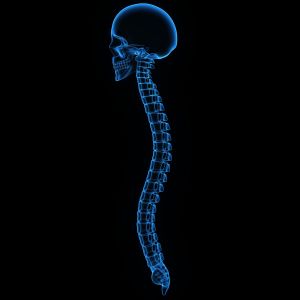Myelomalacia – Spinal Cord Softening
Category: Minimally Invasive Surgery, Spinal Cord Injury | Author: Stefano Sinicropi
 Myelomalacia is a spinal condition in which the spine begins to soften due to a lack of blood flow (typically following some sort of acute injury to the spinal cord). In this article we are going to talk about the condition of Myelomalacia – what exactly it is, and the treatment options available.
Myelomalacia is a spinal condition in which the spine begins to soften due to a lack of blood flow (typically following some sort of acute injury to the spinal cord). In this article we are going to talk about the condition of Myelomalacia – what exactly it is, and the treatment options available.
What is Myelomalacia?
Myelomalacia is a condition in which the spinal cord softens. This softening is often the result of a lack of blood supply to the spine – due to an acute injury (sporting injury, car accident injury, etc.) or degeneration of the spine over time. When the spine softens, the nerves are put at an increased risk. Nerve damage from bulging discs and other conditions become more probable. Myelomalacia can happen at any level of the spine, though it is most common in the neck and low back regions.
Symptoms of myelomalacia spine softening are typically quite subtle. That being said, there are specific signs that can indicate the condition, such as:
- Back pain
- Hypertension
- Loss of function in the extremities
- Loss of feeling
- Partial paralysis.
If you recognize any of these symptoms (especially if they occur after an injury), make an appointment with your doctor. To diagnose the condition, your doctor will likely perform a physical exam and order an MRI or myelography to confirm a suspected myelomalacia diagnosis.
How to Treat Myelomalacia
Myelomalacia can be treated with numerous methods. Unfortunately, if the condition has caused permanent nerve damage, there is no treatment to restore nerve function. However, if the myelomalacia is recognized before serious damage to the nerves takes place, the outlook is much more positive. Injections may be helpful in reducing swelling of the spine. If this fails, a minimally invasive spine stabilization surgery can be the best treatment method to reduce pain and prevent permanent damage to the spinal nerves.